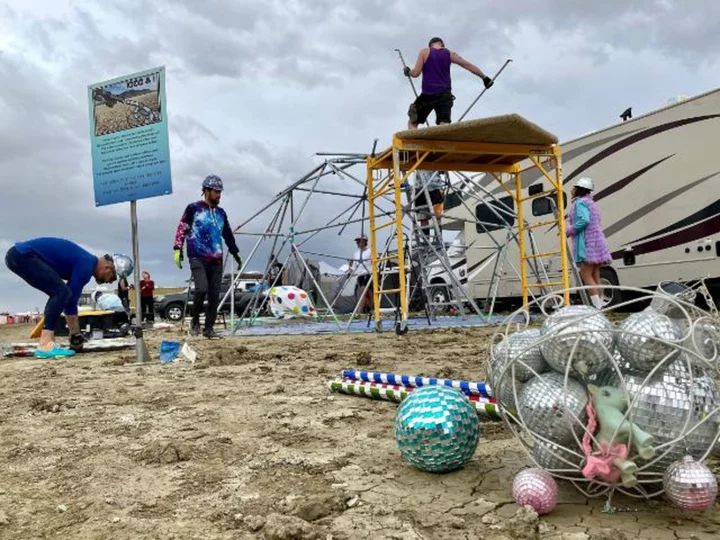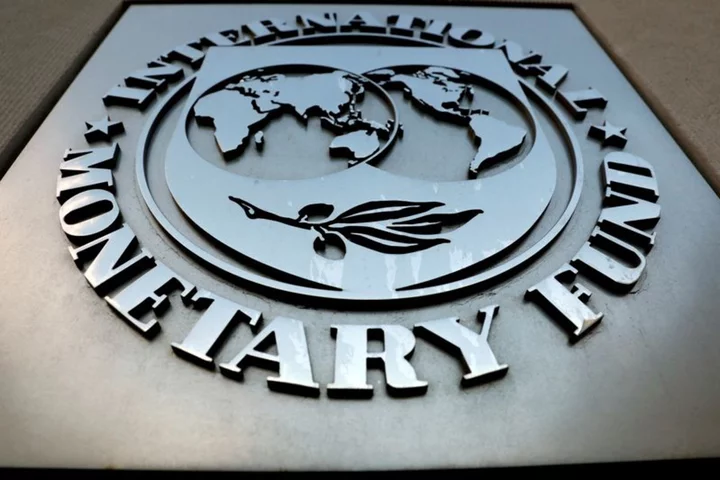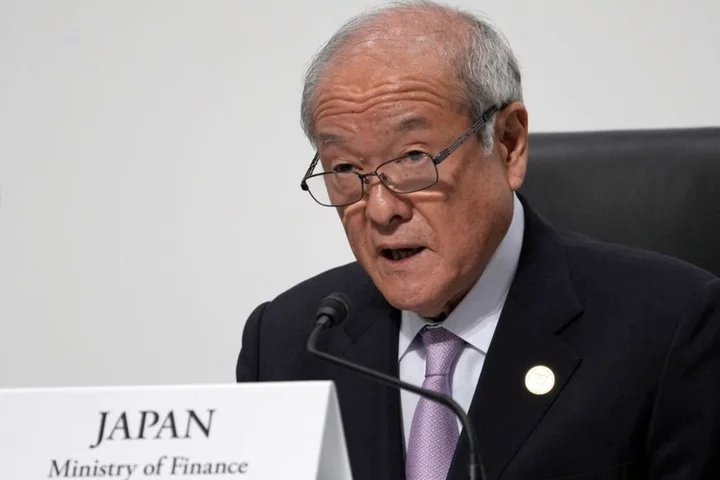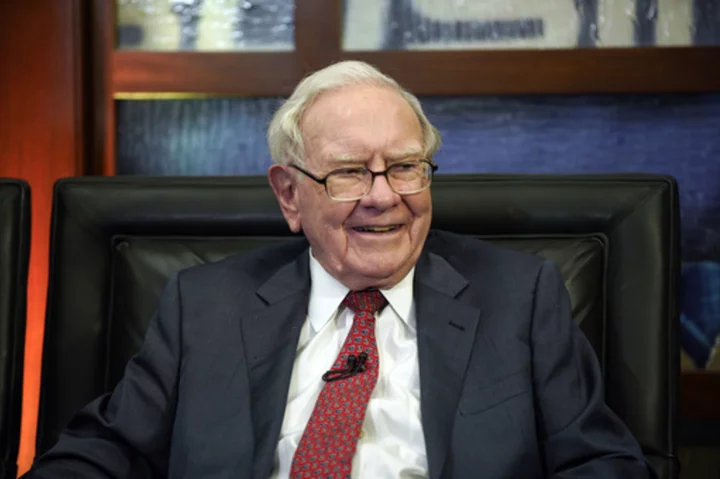Burning Man, the desert confab that descended into chaos over the weekend, isn't quite the scrappy, free-spirited revelry that it once was.
For many watching the disarray of Burning Man from afar, the rain and mud that left 70,000 people stranded quickly became a symbol of the festival's departure from its roots.
Or, more simply: how the billionaires ruined Burning Man.
The festival began as a small gathering in 1986 on a San Francisco beach, and eventually grew into a gritty countercultural community of "Burners" who eschew commercialism within their makeshift city, erected annually in a desiccated lake bed known as the playa.
There's no money trading hands on the playa — that's core to to the community's "decommodification" ethos. But there is, increasingly, a lot of money on the playa.
Going to Burning Man is, in some elite circles, akin to having climbed Everest or taken ayuhuasca on a meditation retreat — a spiritually transformative experience, undertaken with a considerable safety net of privilege.
Elon Musk, the world's wealthiest person, has been a regular at Burning Man, telling Recode in 2014 that "if you haven't been, you just don't get it." Mark Zuckerberg flew in for a day in 2012 to serve up grilled cheese sandwiches and even set up his own tent, according to his friend and Facebook co-founder Dustin Moskovitz. In 2018, shortly after she was indicted on federal fraud charges, Theranos founder Elizabeth Holmes retreated to the desert and burned an effigy for her failed startup, she told the New York Times.
One of the 10 pillars of Burning Man is "radical self-reliance," and in that spirit most revelers haul their own water and shelf-stable food in for the week, and "rely on their inner resources" for survival, according to the organization's website.
For the one-percenters in attendance, however, self-reliance can be outsourced.
The ultra-wealthy have been known to fly in personal chefs for the week, and pay as much as $50,000 to camp in luxurious tents, as the New York Post reported in 2019. A Business Insider reporter, similarly, wrote about so-called fancy camps around the playa that came with chandeliers, party rooms and outdoor showers.
"Burning Man is the perfect example of how many rich White people recreationally manufacture hardship because they are immune from it systematically," wrote one user on X, formerly Twitter, this weekend.
The infiltration of the jet set is the driving force behind the schadenfreude emanating from social media in response to video footage of Burners — some of whom paid $2,750 for a single ticket — tromping through ankle-deep mud, unable to drive out of the camp following unusually heavy rain.
"It's a tiny violin emoji for me," wrote one TikTok user.
While some festival-goers found the situation scary — a "Lord of the Flies" vibe, as one attendee described it — many seasoned Burners were taking the weather and road closures in stride, offering food and shelter to those who need it. While one person died at the festival, the death was "unrelated to the weather."
One attendee, Andrew Hyde, told CNN the rain and mud have taken the meaning of the event back to its roots.
"You come out here to be in a harsh climate, and you prepare for that."
— Nouran Salahieh and Holly Yan contributed to this article.









